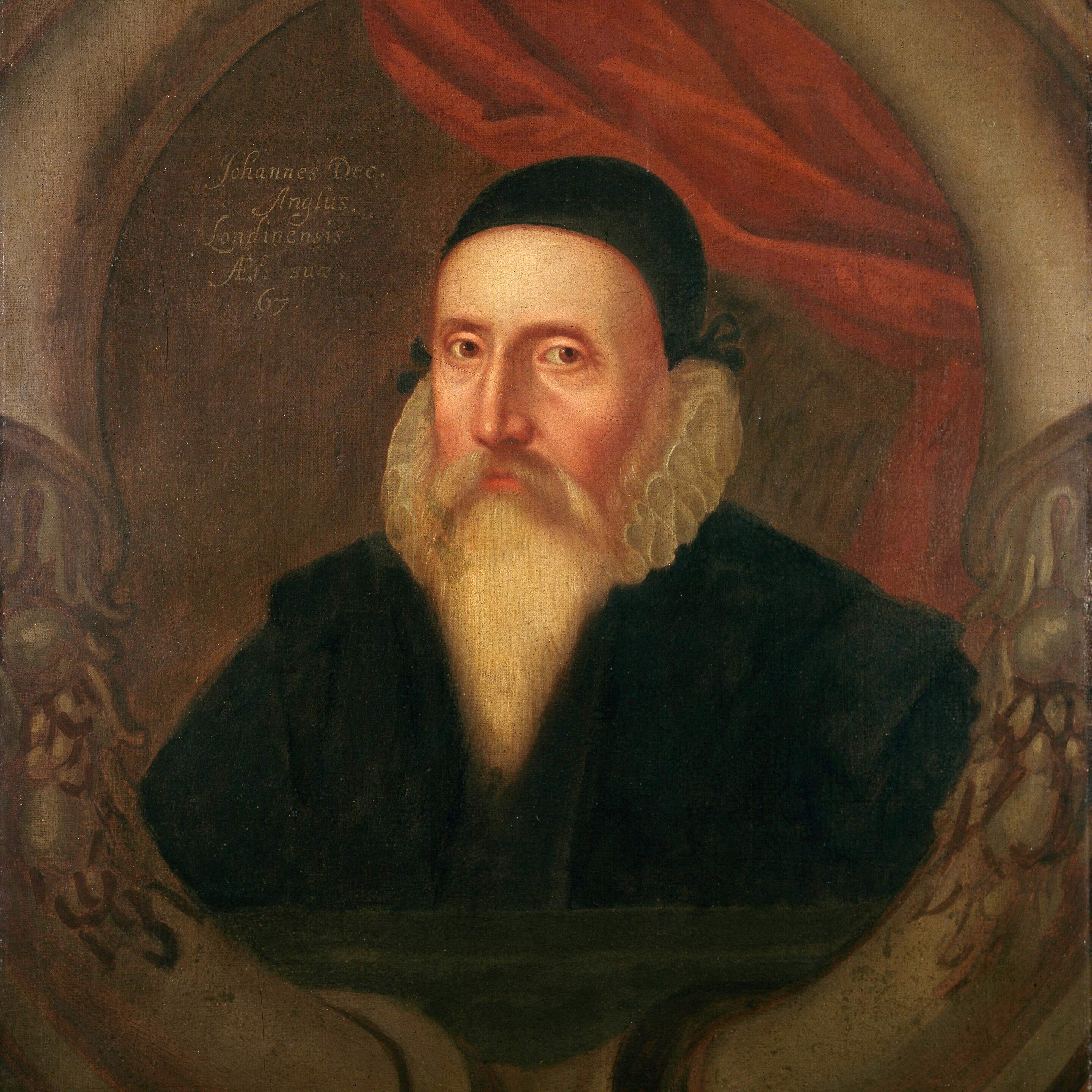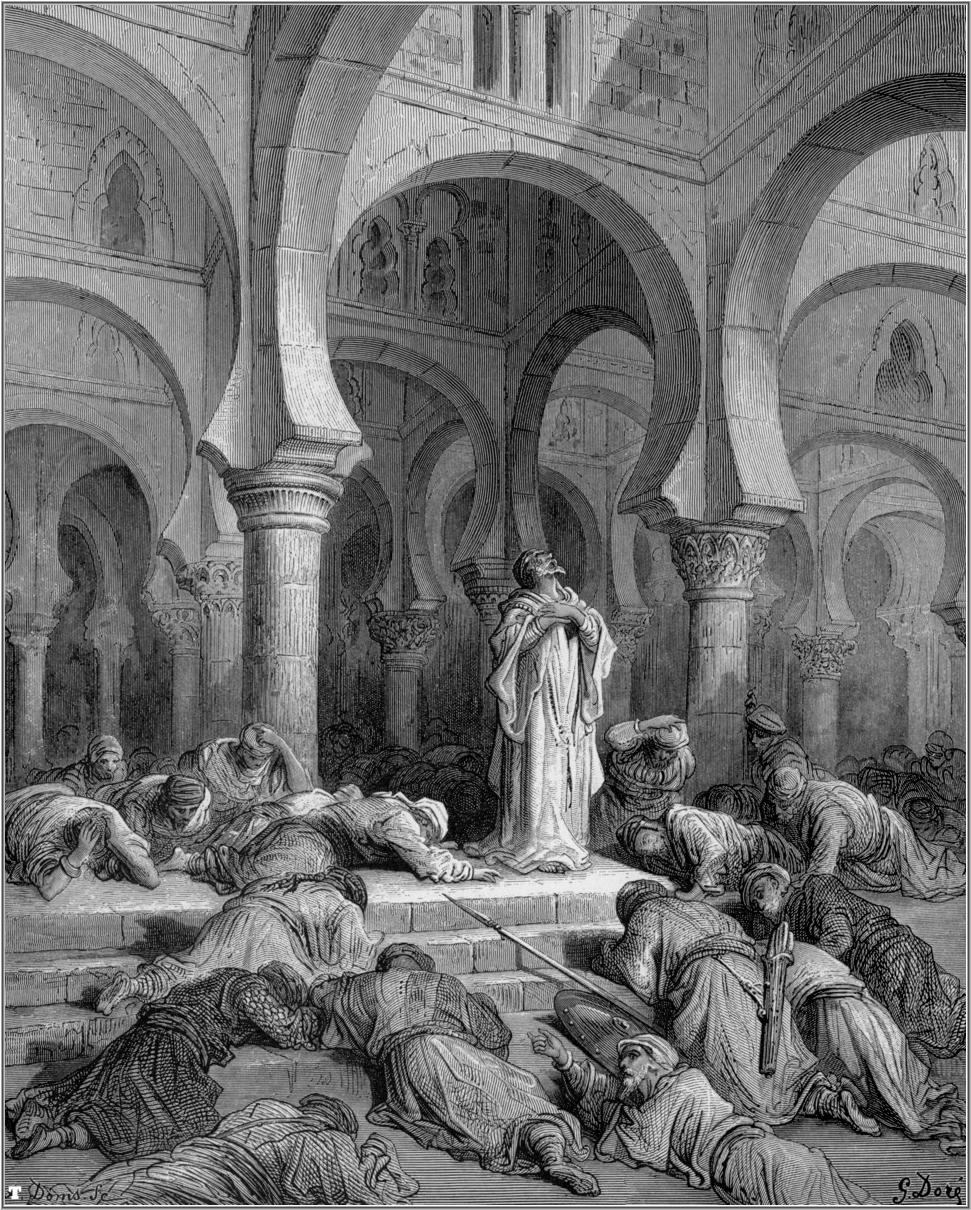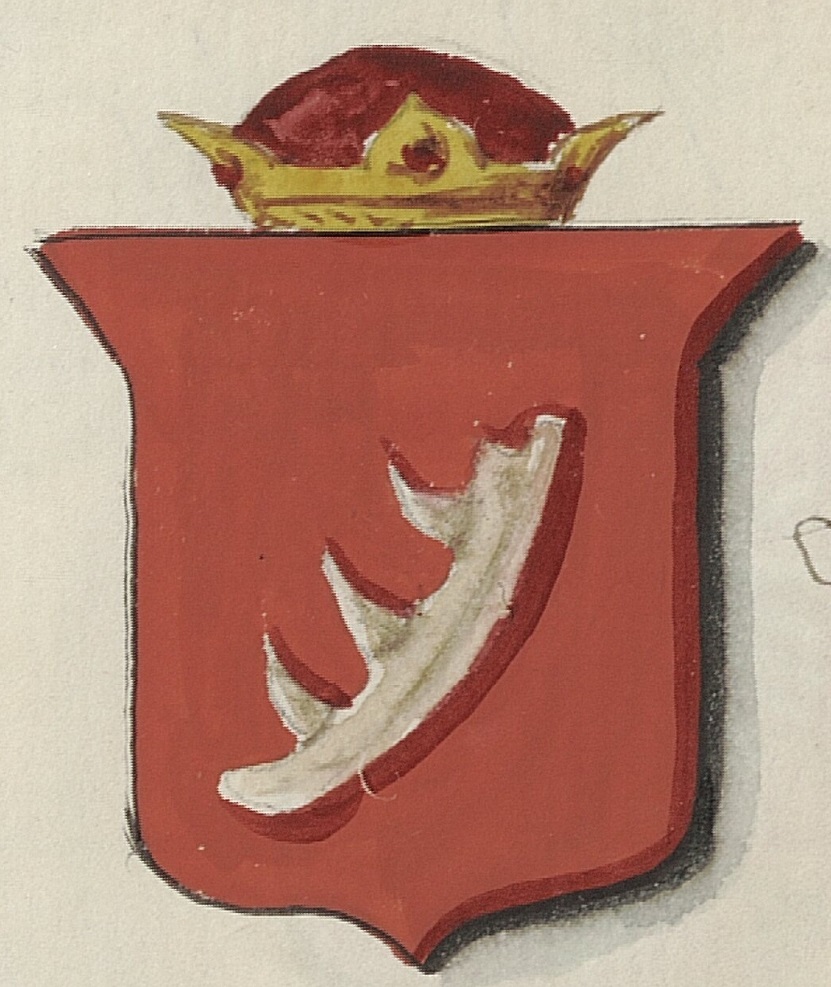|
Enochian - Un
Enochian ( ) is an occult constructed language — said by its originators to have been received from angels — recorded in the private journals of John Dee and his colleague Edward Kelley in late 16th-century England. Kelley was a scryer who worked with Dee in his magical investigations. The language is integral to the practice of Enochian magic. The language found in Dee's and Kelley's journals encompasses a limited textual corpus. Linguist Donald Laycock, an Australian Skeptic, studied the Enochian journals, and argues against any extraordinary features. The untranslated texts of the ''Liber Loagaeth'' manuscript recall the patterns of glossolalia rather than true language. Dee did not distinguish the ''Liber Loagaeth'' material from the translated language of the ''Calls'', which is more like an artificial language. This language was called Angelical by Dee and later came to be referred to as 'Enochian' by subsequent writers. The phonology and grammar resemble English, th ... [...More Info...] [...Related Items...] OR: [Wikipedia] [Google] [Baidu] |
John Dee
John Dee (13 July 1527 – 1608 or 1609) was an English mathematician, astronomer, astrologer, teacher, occultist, and alchemist. He was the court astronomer for, and advisor to, Elizabeth I, and spent much of his time on alchemy, divination, and Hermetic philosophy. As an antiquarian, he had one of the largest libraries in England at the time. As a political advisor, he advocated the foundation of English colonies in the New World to form a "British Empire", a term he is credited with coining. Dee eventually left Elizabeth's service and went on a quest for additional knowledge in the deeper realms of the occult and supernatural. He aligned himself with several individuals who may have been charlatans, travelled through Europe and was accused of spying for the English crown. Upon his return to England, he found his home and library vandalised. He eventually returned to the Queen's service, but was turned away when she was succeeded by James I. He died in poverty in London and ... [...More Info...] [...Related Items...] OR: [Wikipedia] [Google] [Baidu] |
Enoch
Enoch () ''Henṓkh''; ar, أَخْنُوخ ', Qur'ān.html"_;"title="ommonly_in_Qur'ān">ommonly_in_Qur'ānic_literature__'_is_a_biblical_figure_and_Patriarchs_(Bible).html" "title="Qur'ānic_literature.html" ;"title="Qur'ān.html" ;"title="ommonly in Qur'ān">ommonly in Qur'ānic literature">Qur'ān.html" ;"title="ommonly in Qur'ān">ommonly in Qur'ānic literature ' is a biblical figure and Patriarchs (Bible)">patriarch prior to Noah's flood, and the son of Jared (biblical figure), Jared and father of Methuselah. He was of the Antediluvian period in the Hebrew Bible. The text of the Book of Genesis says Enoch lived 365 years before he was taken by God. The text reads that Enoch "walked with God: and he was no more; for God took him" (), which is interpreted as Enoch's entering heaven alive in some Jewish and Christian traditions, and interpreted differently in others. Enoch is the subject of many Jewish and Christian traditions. He was considered the author of the Book of ... [...More Info...] [...Related Items...] OR: [Wikipedia] [Google] [Baidu] |
Enochian - Veh
Enochian ( ) is an occult constructed language — said by its originators to have been received from angels — recorded in the private journals of John Dee and his colleague Edward Kelley in late 16th-century England. Kelley was a scryer who worked with Dee in his magical investigations. The language is integral to the practice of Enochian magic. The language found in Dee's and Kelley's journals encompasses a limited textual corpus. Linguist Donald Laycock, an Australian Skeptic, studied the Enochian journals, and argues against any extraordinary features. The untranslated texts of the ''Liber Loagaeth'' manuscript recall the patterns of glossolalia rather than true language. Dee did not distinguish the ''Liber Loagaeth'' material from the translated language of the ''Calls'', which is more like an artificial language. This language was called Angelical by Dee and later came to be referred to as 'Enochian' by subsequent writers. The phonology and grammar resemble English, th ... [...More Info...] [...Related Items...] OR: [Wikipedia] [Google] [Baidu] |
Enochian - Pa
Enochian ( ) is an occult constructed language — said by its originators to have been received from angels — recorded in the private journals of John Dee and his colleague Edward Kelley in late 16th-century England. Kelley was a scryer who worked with Dee in his magical investigations. The language is integral to the practice of Enochian magic. The language found in Dee's and Kelley's journals encompasses a limited textual corpus. Linguist Donald Laycock, an Australian Skeptic, studied the Enochian journals, and argues against any extraordinary features. The untranslated texts of the ''Liber Loagaeth'' manuscript recall the patterns of glossolalia rather than true language. Dee did not distinguish the ''Liber Loagaeth'' material from the translated language of the ''Calls'', which is more like an artificial language. This language was called Angelical by Dee and later came to be referred to as 'Enochian' by subsequent writers. The phonology and grammar resemble English, th ... [...More Info...] [...Related Items...] OR: [Wikipedia] [Google] [Baidu] |
Enochian - Un
Enochian ( ) is an occult constructed language — said by its originators to have been received from angels — recorded in the private journals of John Dee and his colleague Edward Kelley in late 16th-century England. Kelley was a scryer who worked with Dee in his magical investigations. The language is integral to the practice of Enochian magic. The language found in Dee's and Kelley's journals encompasses a limited textual corpus. Linguist Donald Laycock, an Australian Skeptic, studied the Enochian journals, and argues against any extraordinary features. The untranslated texts of the ''Liber Loagaeth'' manuscript recall the patterns of glossolalia rather than true language. Dee did not distinguish the ''Liber Loagaeth'' material from the translated language of the ''Calls'', which is more like an artificial language. This language was called Angelical by Dee and later came to be referred to as 'Enochian' by subsequent writers. The phonology and grammar resemble English, th ... [...More Info...] [...Related Items...] OR: [Wikipedia] [Google] [Baidu] |
English Alphabet
The alphabet for Modern English is a Latin-script alphabet consisting of 26 letters, each having an upper- and lower-case form. The word ''alphabet'' is a compound of the first two letters of the Greek alphabet, ''alpha'' and '' beta''. The alphabet originated around the 7th century CE to write Old English from Latin script. Since then, letters have been added or removed to give the current letters: The exact shape of printed letters varies depending on the typeface (and font), and the standard printed form may differ significantly from the shape of handwritten letters (which varies between individuals), especially cursive. English Vowels and English Consonants. The English alphabet has 6 vowels and 20 consonants. Written English has a large number of digraphs (e.g., ''would'', ''beak'', ''moat''); it stands out (almost uniquely) as a European language without diacritics in native words. The only exceptions are: * a diaeresis (e.g., "coöperation") may be ... [...More Info...] [...Related Items...] OR: [Wikipedia] [Google] [Baidu] |
Invocation
An invocation (from the Latin verb ''invocare'' "to call on, invoke, to give") may take the form of: *Supplication, prayer or spell. *A form of possession. *Command or conjuration. * Self-identification with certain spirits. These forms are described below, but are not mutually exclusive. See also Theurgy. Supplication or prayer As a supplication or prayer, an invocation implies calling upon God, a god, goddess, or person. When a person calls upon God, a god, or goddess to ask for something (protection, a favour, or his/her spiritual presence in a ceremony) or simply for worship, this can be done in a pre-established form or with the invoker's own words or actions. An example of a pre-established text for an invocation is the Lord's Prayer. All religions in general use invoking prayers, liturgies, or hymns; see for example the mantras in Hinduism and Buddhism, the Egyptian ''Coming Out by Day'' (aka ''Book of the Dead''), the Orphic Hymns and the many texts, still ... [...More Info...] [...Related Items...] OR: [Wikipedia] [Google] [Baidu] |
English Orthography
English orthography is the writing system used to represent spoken English, allowing readers to connect the graphemes to sound and to meaning. It includes English's norms of spelling, hyphenation, capitalisation, word breaks, emphasis, and punctuation. Like the orthography of most world languages, English orthography has a broad degree of standardisation. This standardisation began to develop when movable type spread to England in the late 15th century. However, unlike with most languages, there are multiple ways to spell every phoneme, and most letters also have multiple pronunciations depending on their position in a word and the context. This is partly due to the large number of words that have been borrowed from a large number of other languages throughout the history of English, without successful attempts at complete spelling reforms, and partly due to accidents of history, such as some of the earliest mass-produced English publications being typeset by highly trai ... [...More Info...] [...Related Items...] OR: [Wikipedia] [Google] [Baidu] |
Early Modern English
Early Modern English or Early New English (sometimes abbreviated EModE, EMnE, or ENE) is the stage of the English language from the beginning of the Tudor period to the English Interregnum and Restoration, or from the transition from Middle English, in the late 15th century, to the transition to Modern English, in the mid-to-late 17th century. Before and after the accession of James I to the English throne in 1603, the emerging English standard began to influence the spoken and written Middle Scots of Scotland. The grammatical and orthographical conventions of literary English in the late 16th century and the 17th century are still very influential on modern Standard English. Most modern readers of English can understand texts written in the late phase of Early Modern English, such as the ''King James Bible'' and the works of William Shakespeare, and they have greatly influenced Modern English. Texts from the earlier phase of Early Modern English, such as the late-15th-cen ... [...More Info...] [...Related Items...] OR: [Wikipedia] [Google] [Baidu] |
Consonant Cluster
In linguistics, a consonant cluster, consonant sequence or consonant compound, is a group of consonants which have no intervening vowel. In English, for example, the groups and are consonant clusters in the word ''splits''. In the education field it is variously called a consonant cluster or a consonant blend. Some linguists argue that the term can be properly applied only to those consonant clusters that occur within one syllable. Others claim that the concept is more useful when it includes consonant sequences across syllable boundaries. According to the former definition, the longest consonant clusters in the word ''extra'' would be and , whereas the latter allows , which is phonetically in some accents. Phonotactics Each language has an associated set of phonotactic constraints. Languages' phonotactics differ as to what consonant clusters they permit. Many languages are more restrictive than English in terms of consonant clusters, and some forbid consonant clusters ... [...More Info...] [...Related Items...] OR: [Wikipedia] [Google] [Baidu] |
Kraków
Kraków (), or Cracow, is the second-largest and one of the oldest cities in Poland. Situated on the Vistula River in Lesser Poland Voivodeship, the city dates back to the seventh century. Kraków was the official capital of Poland until 1596 and has traditionally been one of the leading centres of Polish academic, economic, cultural and artistic life. Cited as one of Europe's most beautiful cities, its Old Town with Wawel Royal Castle was declared a UNESCO World Heritage Site in 1978, one of the first 12 sites granted the status. The city has grown from a Stone Age settlement to Poland's second-most-important city. It began as a hamlet on Wawel Hill and was reported by Ibrahim Ibn Yakoub, a merchant from Cordoba, as a busy trading centre of Central Europe in 985. With the establishment of new universities and cultural venues at the emergence of the Second Polish Republic in 1918 and throughout the 20th century, Kraków reaffirmed its role as a major national academic and ... [...More Info...] [...Related Items...] OR: [Wikipedia] [Google] [Baidu] |
Stephen Báthory
Stephen Báthory ( hu, Báthory István; pl, Stefan Batory; ; 27 September 1533 – 12 December 1586) was Voivode of Transylvania (1571–1576), Prince of Transylvania (1576–1586), King of Poland and Grand Duke of Lithuania (1576–1586). The son of Stephen VIII Báthory and a member of the Hungarian Báthory noble family, Báthory was a ruler of Transylvania in the 1570s, defeating another challenger for that title, Gáspár Bekes. In 1576 Báthory became the husband of Queen Anna Jagiellon and the third elected king of Poland. He worked closely with chancellor Jan Zamoyski. The first years of his reign were focused on establishing power, defeating a fellow claimant to the throne, Maximilian II, Holy Roman Emperor, and quelling rebellions, most notably, the Danzig rebellion. He reigned only a decade, but is considered one of the most successful kings in Polish history, particularly in the realm of military history. His signal achievement was his victorious campaign i ... [...More Info...] [...Related Items...] OR: [Wikipedia] [Google] [Baidu] |


.png)


